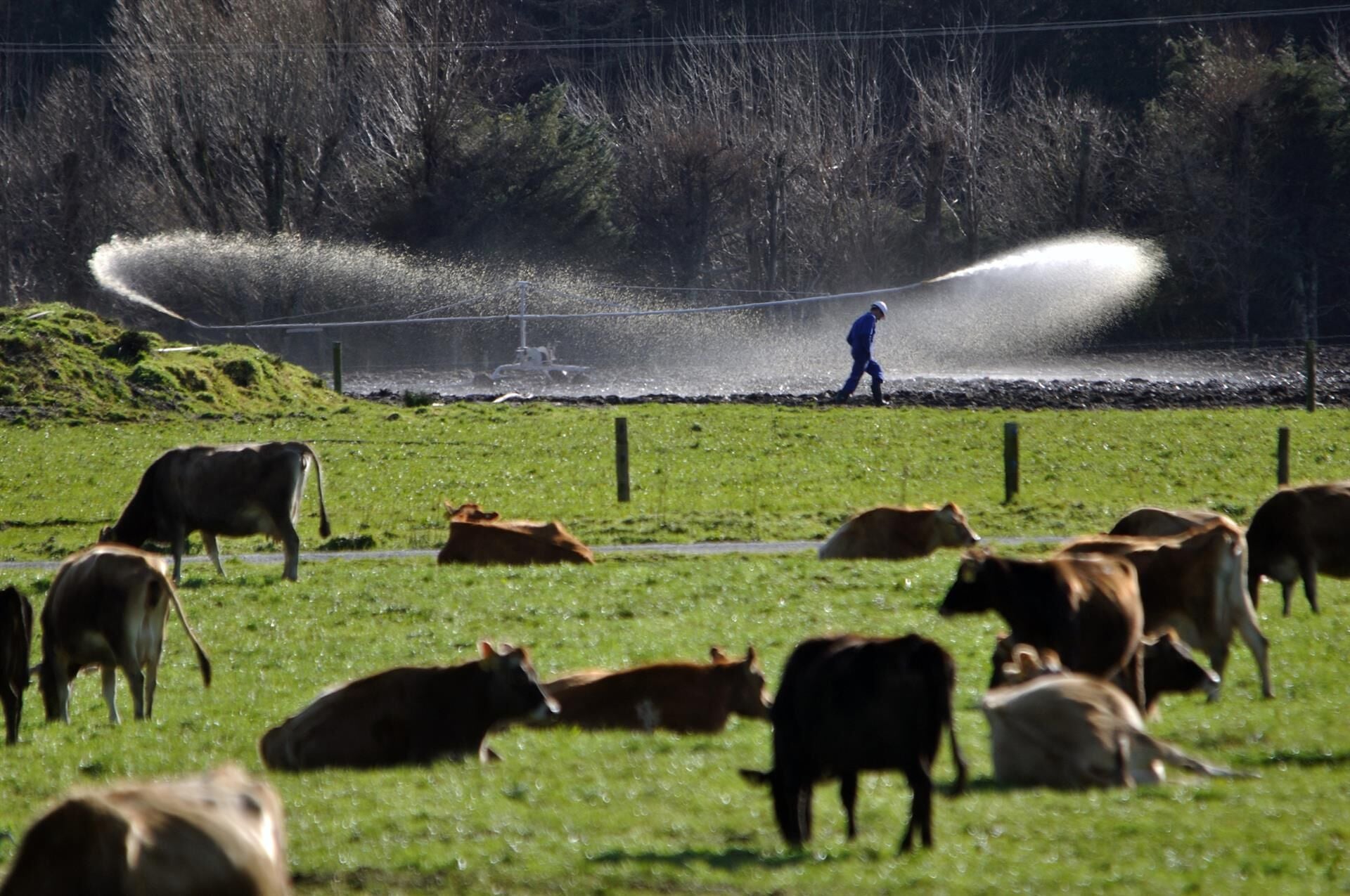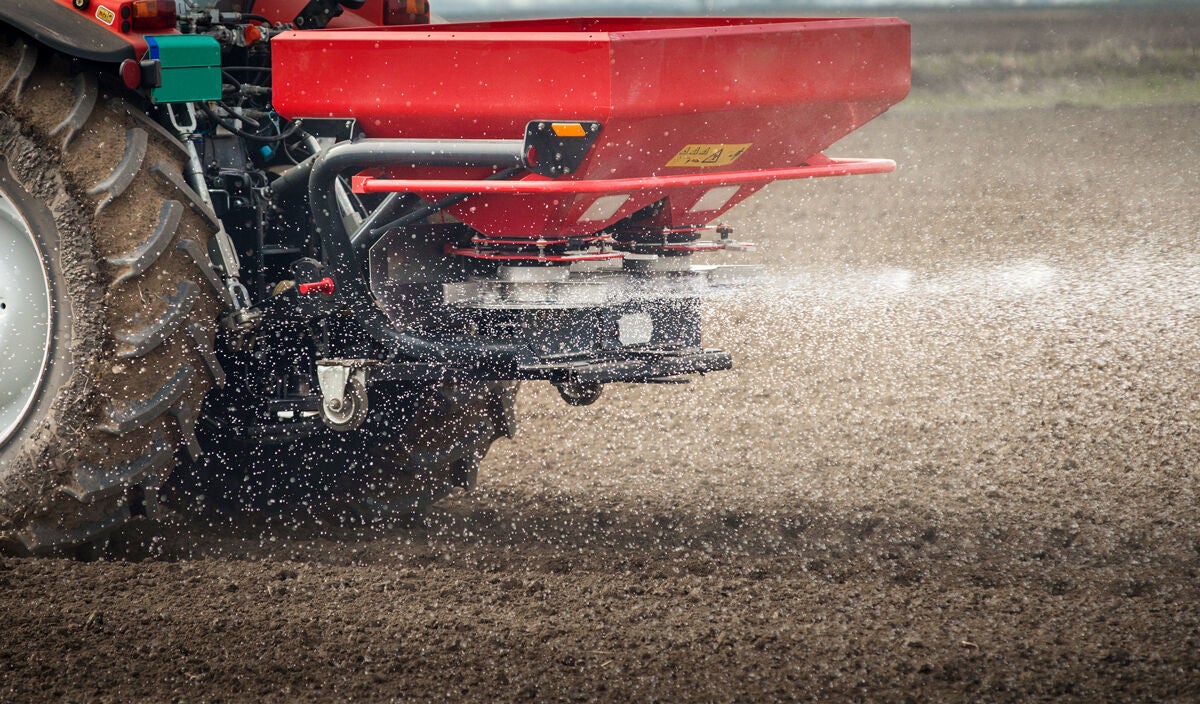New technology offers hope for pastoral sustainability

The slashing of livestock numbers as a means to achieve the required drop in methane emissions was a rather blunt tool to deal with the thorny issue of biogenic methane, the loss of methane from ruminant animals.
It drew significant criticism from the industry and prompted one commentator to suggest that unlike cars, there were no electric cow alternatives.
The Commission had made the recommendations with a lack of reference to any emerging technology that could achieve the desired methane reductions, possibly suspecting the primary sector would simply deliver, as it always does.
Now almost 12 months on, the primary sector has advanced technologies that may well mean dropping herd numbers is no longer the first “go to” option for the sector as it does its part to help all New Zealanders to meet their greenhouse gas reduction obligations.
Now almost 12 months on, the primary sector has advanced technologies that may well mean dropping herd numbers is no longer the first “go to” option for the sector as it does its part to help all New Zealanders to meet their green-house gas reduction obligations.
Fonterra announced in November the next step in its “Kowbucha” research initiative that has shown promise for reducing methane emissions at a lab level.
The co-operative has been working for several years on milk-based bacterial culture strains that may provide some ability to absorb methane when fed to dairy cows.
After sifting through thousands of cultures archived from almost a century of yoghurt and cheese production, the company has isoThe next step is now in play involving trials with calves, and if no health impacts are detected it will be trialled in dairy herds. The next step is now in play with trials with calves, and if no health impacts are detected it will be trialled in dairy herds.
Bayleys’ national director rural Nick Hawken says the good news on research should give farmers and investors in the pastoral sector a welcome end-of-year boost.
“While the Kowbucha trials are still at the early lab stages, it is fantastic to see Fonterra completing research and development focused on assisting its supply chain upstream for the farmers and is doing so in a way with technology that offers very practical pathways to dealing with these complex issues.
“The creation of real tools that provide solutions to problems is the backbone of rural New Zealand.”
Fonterra researchers are downplaying the work until field results are in, but the potential for Kowbucha is a clear game changer for the dairy sector, if the product proves practical, safe and effective in commercial herds.
It also has the added bonus of being a New Zealand-developed solution, sourced from the industry it is being applied to.
The Fonterra Kowbucha work is likely to dovetail with trials now underway on another methane busting compound called Bovaer.
Developed by Dutch company Royal DSM it has been found to reduce methane by 30 percent in feed-rationed dairy systems. Trials here with Fonterra are determining how it could be applied practically in pasture-based farm systems, hopefully to achieve the same outcome.
November also marked the launch of another piece of ground-breaking technology that is poised to move to commercial stage in the new year.
Lincoln University professor Keith Cameron and the Ravensdown fertiliser company unveiled new “methane busting” technology that significantly reduces methane emissions from dairy farm effluent ponds, the second major source of methane emissions on farms after cows themselves.
Built around a 100-percent natural biological system, the technology will be a game changer that also reduces CO2 emissions by 50 percent, phosphate content by 99 percent and E.coli by 99 percent.
The water becomes far safer to use as an irrigation source on paddocks, without corresponding build ups of nutrients and bacteria.
The technology has the ability to contribute much to New Zealand’s targeted methane reductions of 12 percent by 2030, with estimates it will cut total average farm methane emissions by four to five percent.
The technology has the ability to contribute much to New Zealand’s targeted methane reductions of 12 percent by 2030, with estimates it will cut total average farm methane emissions by four to five percent.
In further proof the dairy sector in particular is taking its obligations seriously about water quality as well as gas emissions, it was timely to have some good news about nitrogen losses in Canterbury.
Farmers in the Selwyn catchment now have data showing 70 percent of them have reduced their nitrogen-loss footprint by 30 percent below their 2009-2013 levels meeting the target set by Environment Canterbury.
Meanwhile, a further 20 percent are reported to be well on track to achieving the same target in the near future.
The farmers have proven adaptable in meeting the required target, including improving irrigation efficiency and effluent management, reducing fertiliser use, using plantain in grazing swards and adjusting stocking rates.
It demonstrates that if our primary producers are given pragmatic goal posts, they can kick the goals.
Hawken says the technologies and developments revealed in the time since the Commission’s recommendations highlight the efforts and progress that have been quietly taking place in the background.
“It is great to see the research and development that has been underway for a number of years is coming to fruition in a timely way. Individually the steps and technology may appear to be incremental, but combined, and given the pace of their advance, they collectively offer some very positive, practical proof the sector is not only responding to water and greenhouse gas targets.
“The progress made in the last 10 months should give all those in the primary sector plenty of confidence a profitable future can be maintained, sustainably.”

Read more...